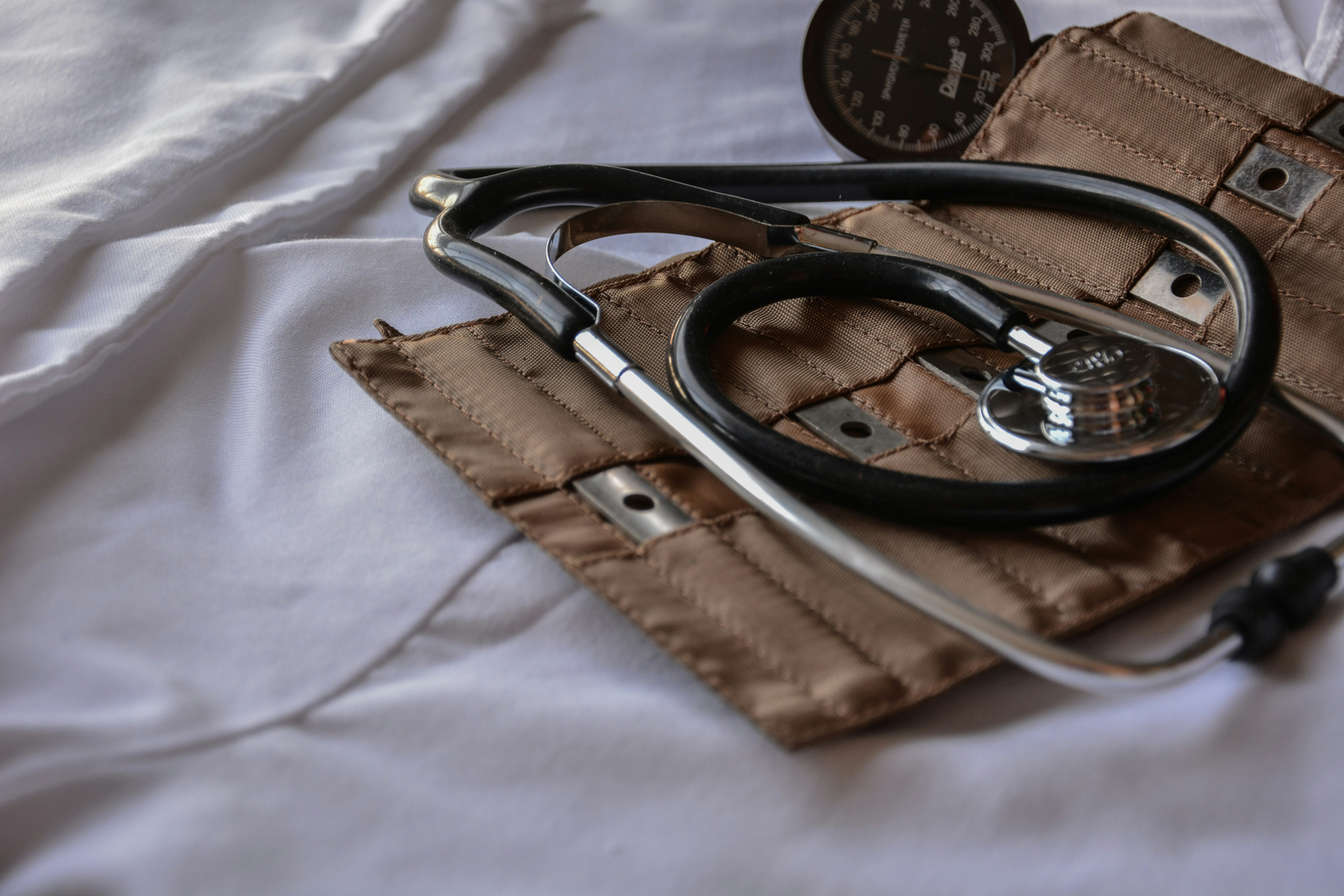News release
From:
Lung cancer is the most common cause of cancer death for Māori, and Māori are less likely to survive lung cancer than NZ Europeans with the same cancer. Differences between Māori and NZ Europeans in access to good cancer care might be an important driver of this survival disparity. We found that Māori with lung cancer have higher emergency presentation rates, poorer access to early detection, lower surgery rates and disparities in the distance required to travel to bronchoscopy, surgery and radiation therapy. However, we also found some cause for cautious celebration, including equitable access to a bronchoscopy, pathological diagnosis, radiation therapy and systemic therapy, as well as minimal differences in the timing of treatment between ethnic groups.



 New Zealand
New Zealand


